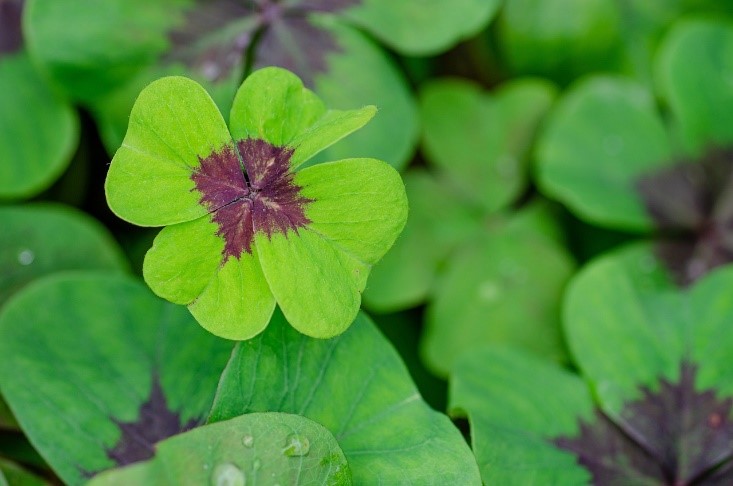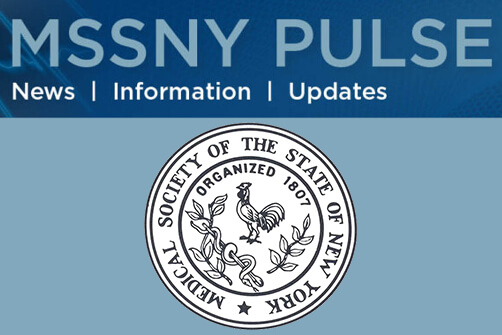
Why Do So Many Doctors Embrace Superstitions and Rituals?
In the high-stakes world of medicine, where the precision of science meets the unpredictability of human health, physicians are finding comfort and control in rituals and superstitions, a phenomenon deeply rooted in the profession’s culture. At Lehigh Valley Hospital in Allentown, Pennsylvania, operation room numbers skip the traditionally unlucky number 13, reflecting a broader tendency among medical professionals to avoid bad omens. From avoiding certain phrases that could jinx a quiet day to specific pre-surgical rituals needing two hours of preparation, these practices offer a semblance of control in an inherently uncertain field.
Surgeons and doctors don unique charms, from Wonder Woman clogs believed to strengthen surgical performance to specific playlists and pre-operation routines, emphasizing the importance of mental preparation and personal rituals in ensuring success and mitigating stress. Despite the absence of scientific evidence supporting the effectiveness of such superstitions, they persist, underlining a fundamental human need to find order in chaos and comfort in tradition.
Yet, there’s a thin line between helpful rituals and compulsive behavior that could disrupt work or reduce flexibility in responding to the dynamic nature of medical emergencies. As the medical community navigates the balance between science and superstition, the consensus leans towards a pragmatic embrace of these practices, provided they don’t interfere with patient care or outcomes. In a field where the pressure is immense, and the stakes are life or death, these rituals and superstitions serve as a testament to the human aspect of healthcare, offering doctors a sense of peace, focus, and confidence amidst the unpredictability of their work.
Why Do So Many Doctors Embrace Superstitions and Rituals? (Kita, Medscape, 3/29).
Share
FTC Passes Rule to Prohibit Most Non-Compete Agreement – Questions Remain about Implementation This week, the Federal Trade Commission (FTC) voted 3-2 to issue a far-reaching final rule that would prohibit “non-compete” provisions in employment contracts. The final FTC rule exempted from these protections executives earning more than $151,164 annually who are in “policymaking” positions. The FTC has estimated that […]
State Budget Takes Steps to Protect Patient Access to Community-Based Physician Care Colleagues: “We must, indeed, all hang together, or most assuredly we shall all hang separately.” —- Benjamin Franklin, 1776 This past week, we saw the wisdom of Ben Franklin’s message. MSSNY, working together with numerous allies, has accomplished a plethora of important […]
Why Join MSSNY? Dr Patel Shares His Journey with Organized Medicine Dr. Patel shares his enriching experiences with MSSNY’s mentors and networking events that have significantly advanced his medical career.




